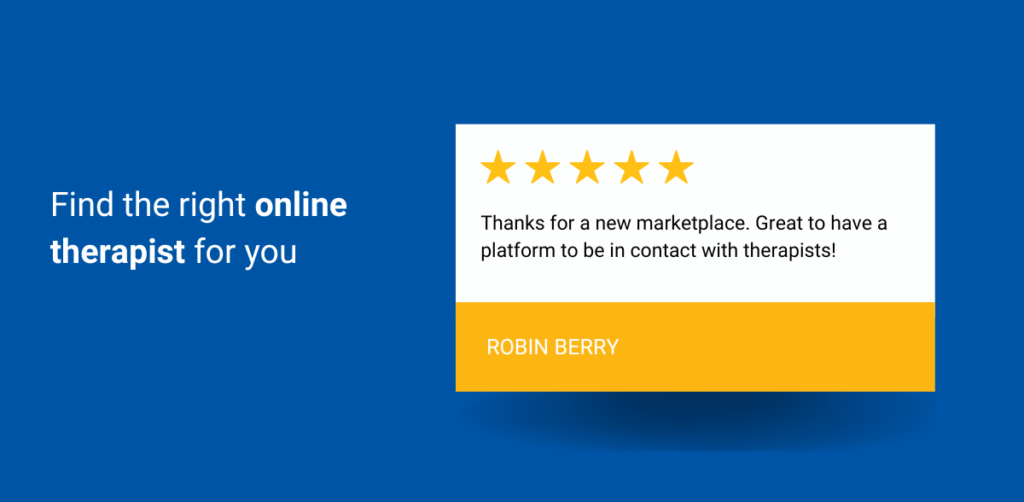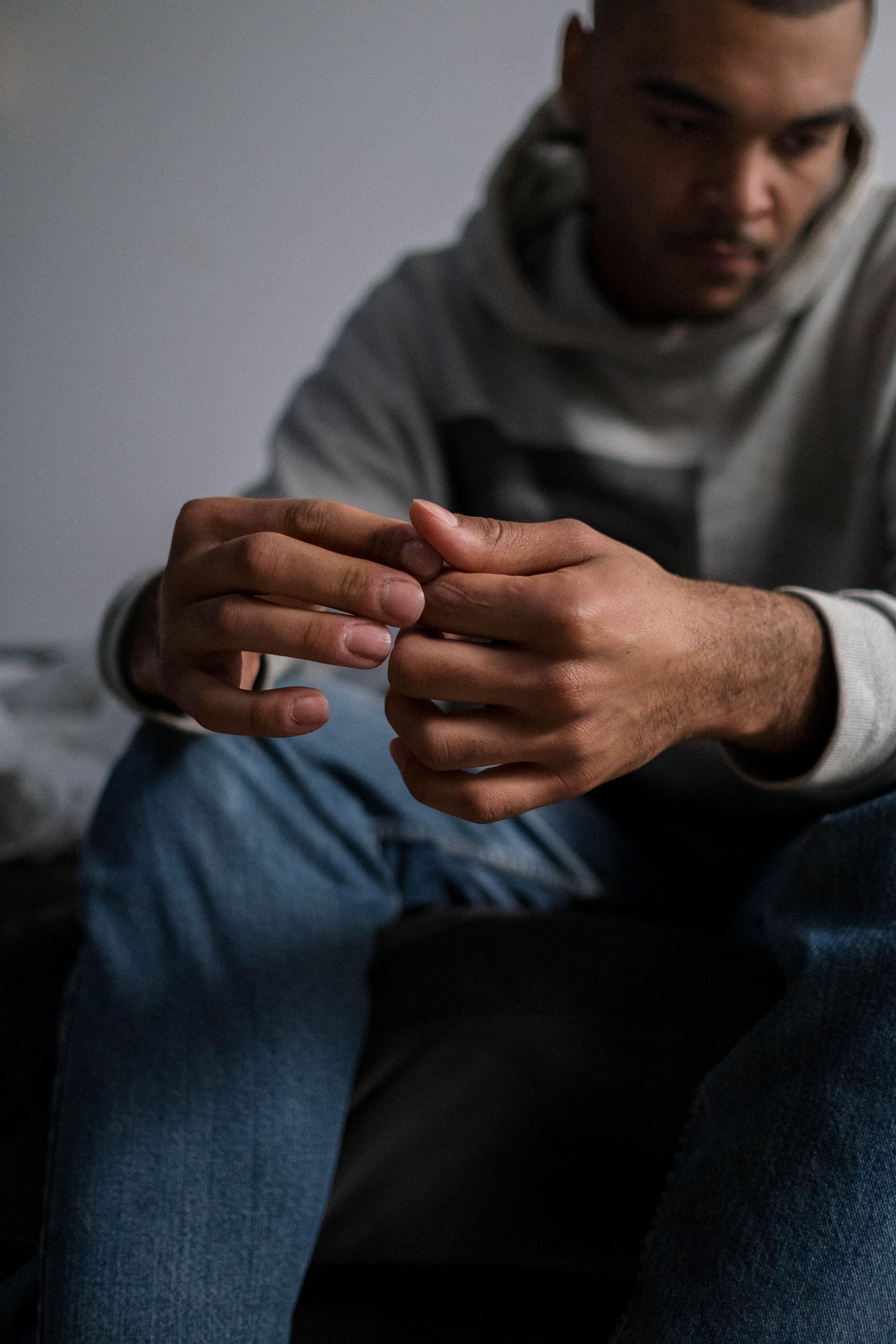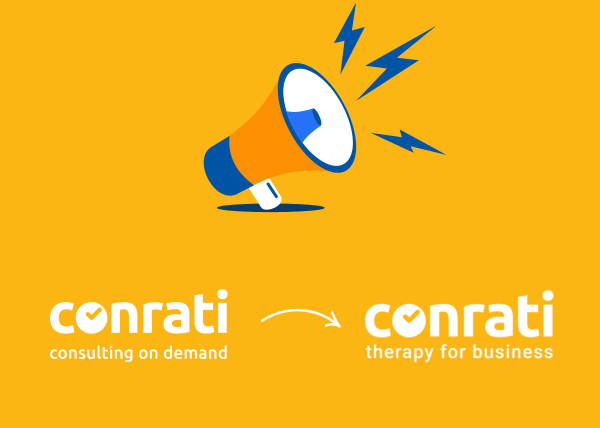Do you ever feel awkward in social situations? Perhaps you have trouble talking to people? Or you dread meeting new people and attending social get togethers? Your hands might start sweating or you completely forget what you want to say. If this happens often, you may be experiencing social anxiety disorder.

What is social anxiety disorder?
This happens when you experience intense feelings of fear that others around you are watching you and judging you.
It could happen when you’re speaking in public, meeting new people, on a date or even during a job interview. Some people may also find themselves anxious doing normal daily activities in public places such as eating or drinking in front of others which could lead to fears of being judged, rejected or even humiliated.
This intense feeling of fear can feel like it is out of your control. It can even cause problems at work, in school, and in other areas of daily life. As a result, it may be difficult for you to make and keep friends.
Some people with anxiety disorder begin to worry weeks in advance before the actual social event takes place. It can also cause you to avoid certain places or events that cause you distress out of fear of embarrassment.
If it goes untreated, social anxiety disorder can last for many years or even a lifetime.
Common signs and symptoms include:
- A rapid heart rate
- Blushing, sweating or trembling
- Difficulty making eye contact
- Feelings of self-consciousness and fear of being judged
- Feeling nauseous
- Feeling like your mind goes blank with not knowing what to say
There is no clear evidence as to what exactly causes social anxiety disorder, however, research has discovered certain parts of the brain are involved in fear and anxiety and that genetics may also influence how these areas function.

Can social anxiety disorder be treated?
Yes, social anxiety can be treated. If you suspect that you are experiencing symptoms of social anxiety disorder, speak to a professional today. They can help support you through your recovery towards living a content and fulfilled life by guiding you towards the best and most suitable treatment option for you.

The most common treatment options for social anxiety disorder include:
- Psychotherapy (also known as talk therapy), to help you learn different ways of thinking, behaving and reacting to situations that bring about the social fears.
- Medication such as antidepressants, beta-blockers or anti-anxiety medication.
- or both treatment options above
The use of support groups can also be helpful if you’re suffering from social anxiety disorder. This can give you the safe space to experience social settings and get honest feedback on how others perceive you without any bias. With the benefits of a support group giving you a safe space to express yourself, always ensure that the advice they give you does not conflict with the advice you receive from your mental healthcare provider as each person’s treatment options and responses vary.
A few quick tips you can use to reduce your social anxiety can also be in the form of:
- Journaling by writing down your thoughts and fears to better understand what goes through your mind during these situations
- Relaxing techniques such as breathing exercises
- Focusing on what people are saying instead of assuming the worst possible outcome
If you’re looking to find a mental health provider, that suits your needs, it’s easier than you think. Simply search the Conrati platform using the search bar to find a professional based on availability, skills, language, certifications and price.









One Reply to Understanding Social Anxiety Disorder
Why your child should have a tutor
Conrati nominated as a Top Environmental Consulting Company by Futurology
Self-Love and Self-Care: Cultivating a Mindful and Balanced Life
What happens during each stage of grief?
How to boost 8 different forms of health
Conrati nominated as a Top Environmental Consulting Company by Futurology
How social media affects mental health
Understanding Bipolar Disorder